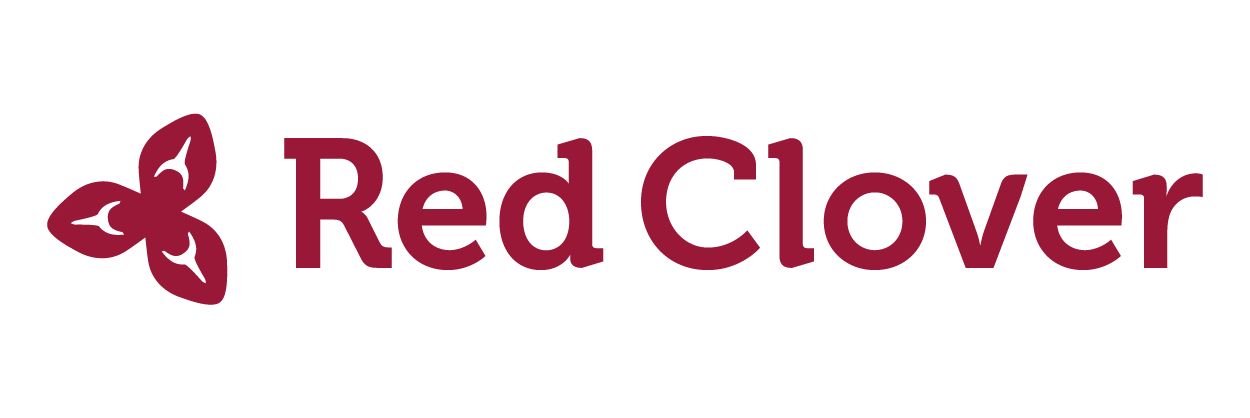Resources
These resource pages provide a knowledge base for further engagement. You’ll find explanations of key concepts and events, calls to action, and links to recommended content in a variety of forms. We hope you’ll spend time here learning, then get in touch with us to discuss next steps in your journey.
Declaration on the Rights of Indigenous Peoples
When non-Indigeneous individuals and communities commit to the journey toward right, just, and whole relationships with Indigenous Peoples, a common question is: Where do we start?
The Commissioners of the Truth and Reconciliation Commission offer clear guidance: they ask that the United Nations Declaration on the Rights of Indigenous Peoples be used as a framework for engagement with, and advocacy for, Indigenous Peoples.
Reading Lists
One of questions we are frequently asked is: What book(s) should I be reading to help me in my learning journey? Here is our answer! In this resource you’ll find books, downloadable PDFs, and a few short films that we often use and recommend, categorized into topics for easier orientation.
We will endeavor to update these lists from time to time, so please visit this resource again for new recommendations. We welcome you to contact us to let us know what resources have been helpful in your learning.
The Doctrine of Discovery
To bring justice and healing to the historical and ongoing harms of colonization we must recognize and repudiate the beliefs at its beginnings.
94 Calls to Action from the Truth and Reconciliation Commission
This resource will help orientate you to the 94 Calls to Action provided by the Truth and Reconiliation Commission. This is also, as the the word “call” suggests, an invitation to act — to listen and respond to what has been asked of Canadians in the ongoing work of justice and healing.
Land Acknowledgments: An Introduction
Though it is now more common practice in Canada to acknowledge, particularly at the beginning of events and gatherings, the original inhabitants and caretakers of the places we occupy, there is often still a lack of understanding about why and how to rightly engage this practice.
September 30: Orange Shirt Day and the National Day for Truth and Reconciliation
A statutory holiday to honour the survivors of residential schools, the children who never returned home, and their families and their communities. The resources provided will inform and guide your participation in this important annual event.






